Matawana Dispensary, Brooklyn’s first legal cannabis store owned by a Black woman, opened to much fanfare in late February, with many city officials, including Mayor Eric Adams, beaming for the ribbon cutting ceremony.
But for owner Leeann Mata, a formidable and friendly woman who declined a reporter’s handshake in favor of a bear hug upon meeting, being ‘the first’ takes a backseat as she must now focus on running a successful — and chill — dispensary.
“We the Matas you wanna vibe with, we the Matas you wanna smoke with, so Matawana,” she chuckled as she explained the name of her store.
Nestled on Fifth Avenue and 14th Street in Park Slope, Matawana boasts a relaxed atmosphere. The store’s layout is a blend of contemporary office space and the homey, retro living room vibe.
When Mata found the ideal location for her store, she sat outside on the sidewalk for hours, watching the traffic go by and imagining that each person was a potential customer.
Yet obtaining her cannabis license was a complex process, she said, spanning months of filing and paperwork proving that her family had been negatively impacted by the war on drugs.
Mata’s father, Harold Edwards, had been assaulted by police for having a joint tucked above his ear. The assault left him hospitalized, she said.
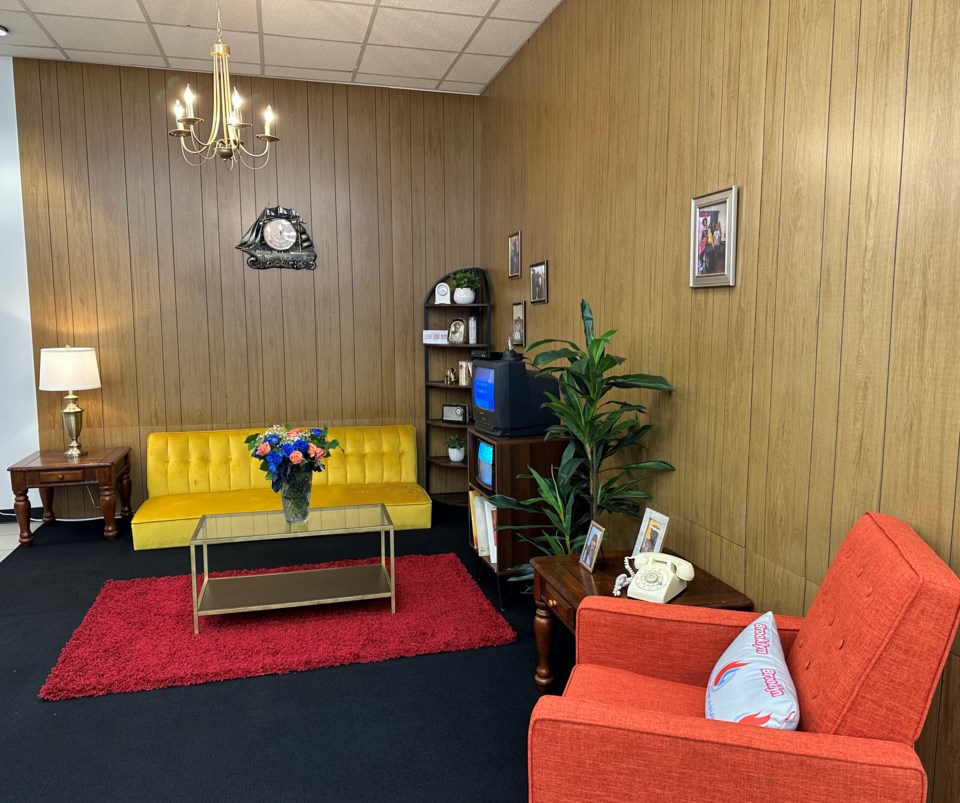
Three of her five brothers were charged for possession of weed during the era of Stop and Frisk. Lashawn Mata, the brother taking care of the family at one point, suffered considerably; he had a dime bag’s worth of weed on him, as well as a box cutter he used for work in the grocery store, when cops searched him. He spent six months in jail on Rikers’ Island, scarred by fights and bouts of solitary confinement. When he finally got out, the family had lost their apartment, and he had lost his job.
It feels like poetic justice for this East New York native to launch a cannabis business in her family’s honor. She employs people of color, veterans, and members of the community.
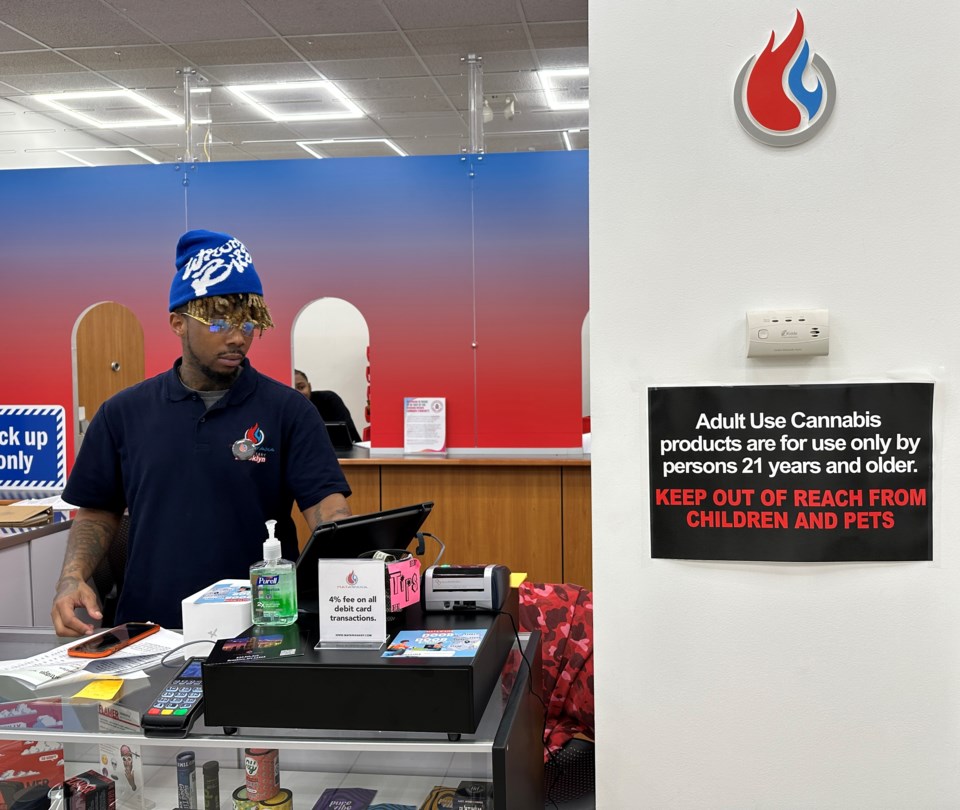
Mata said she must be extra vigilant, as there are strict regulations when operating a legal dispensary. There can be no radio ads or billboards to minimize the risk of exposure to minors. While the illegal weed shops across the city can have eclectic designs and flashy advertising, legal dispensaries must comply with restrictions on colored packaging, neon signs and labels.
“How do we not bring back the war on drugs, but control the illicit shops?” said Mata, posing a question that both legal dispensary owners and city officials are mulling over.
Mayor Adams created a task force to close the unlicensed businesses, thought to be well over a thousand stores. The mayor said he has shut down 160 of them to date and collected over $18 million in fines.
“All I want to purchase is licensed dispensary weed,” said Matawana customer Jeffrey Luna, a resident of Bay Ridge. “It’s tested, you’re sure of what you’re buying.”
At legal dispensaries, products undergo rigorous testing, inspections and sell-by dates to ensure the absence of mold, superior quality and the assurance of safety. Matawana Dispensary also has a security guard checking the IDs of everyone who walks through the door, enforcing a 21 and over customer policy. Mata, who is a mother of three, notes that her son’s friends have been able to buy illicit drugs at 16 and 17 years old from unlicensed shops. It’s one of several reasons she is battling the illegal shops in her area.
Mata does it all in memory of her mother, Donna Heather Mata, who was an advocate for the healing properties of cannabis.
“Draconian prohibition laws cost my family almost everything, but the plant itself is a healing herb,” Mata said during the ribbon cutting in February.



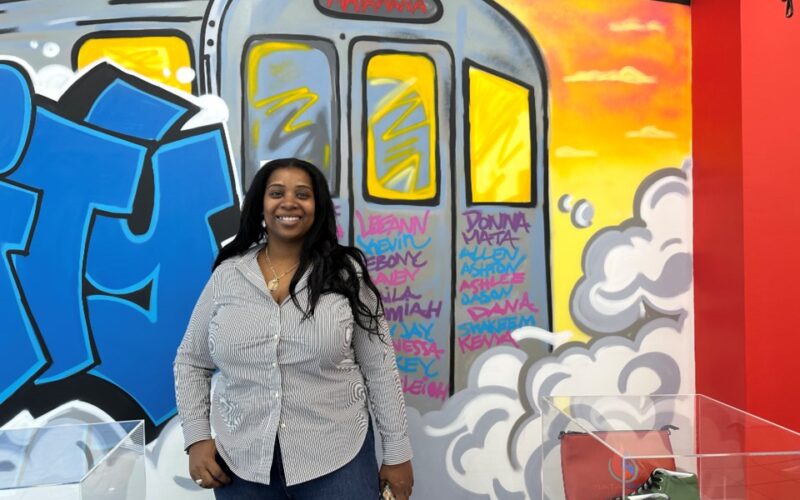


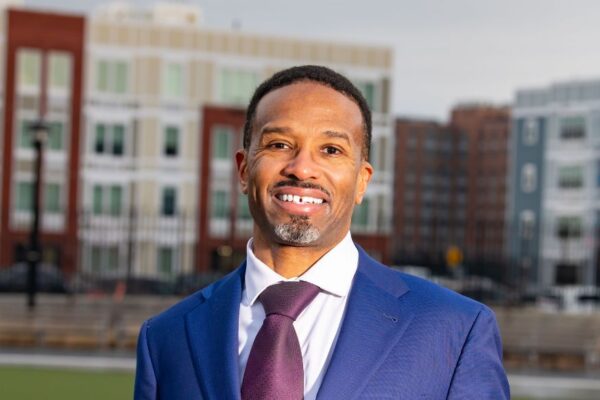
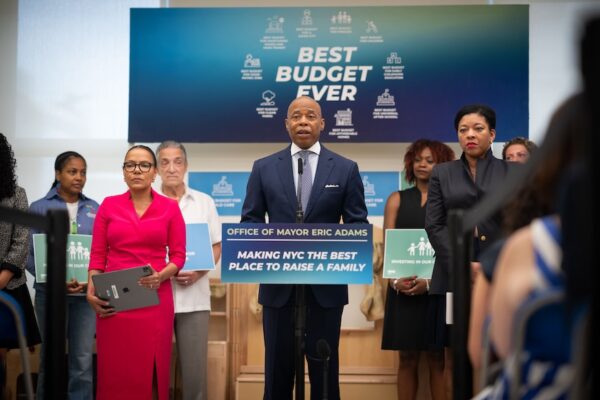
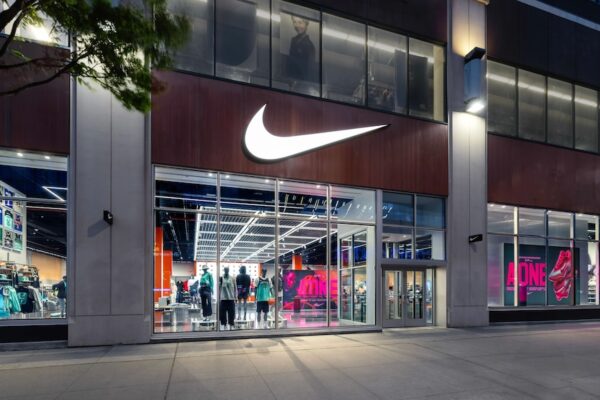
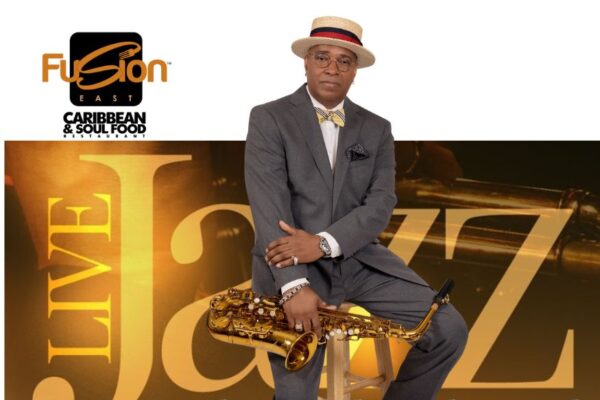
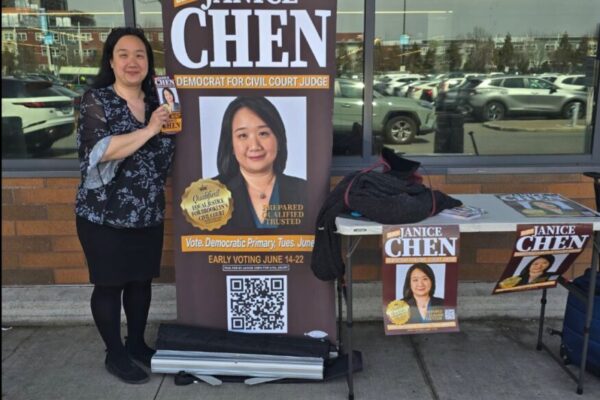
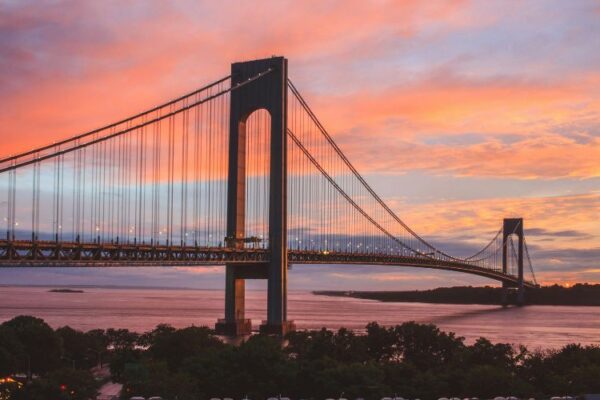

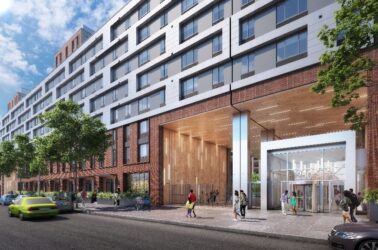



Leave a Reply